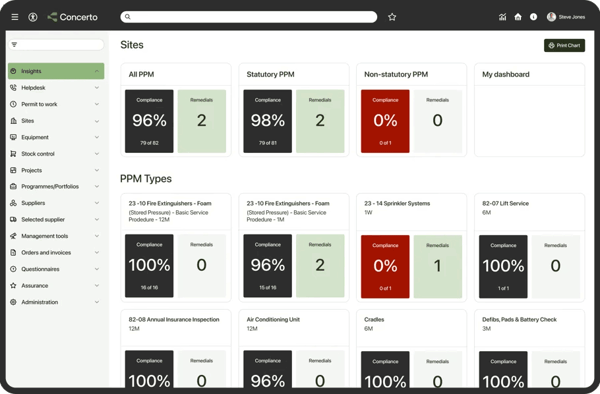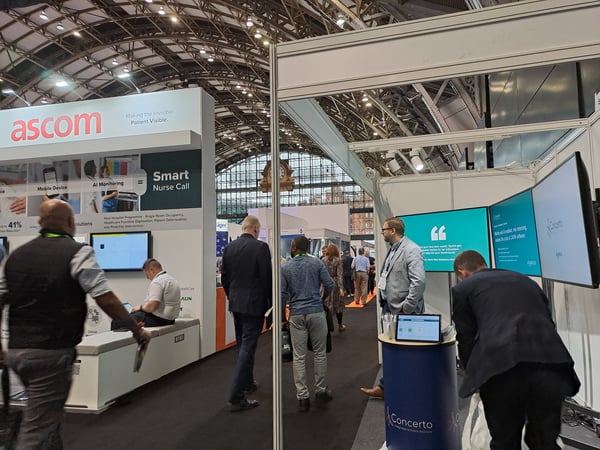ERP system
ERP stands for Enterprise Resource Planning. It's a software system that brings together different business functions, like finance, HR, procurement and facilities, into a single, joined-up platform. Instead of using separate systems that don't talk to each other, an ERP lets you manage your organisation from one central source of truth.
Why it matters
-
Joined-up data – Avoid duplication and keep everyone working from the same figures
-
Time savings – Automate routine tasks like invoicing and reporting
-
Cost control – Track budgets, cut waste and improve forecasting
-
Compliance – Meet financial and regulatory requirements with confidence
-
Informed decisions – Use real-time insights to guide business strategy
What it includes
ERP systems often cover:
-
Finance – Budgeting, accounting and regulatory reporting
-
HR – Payroll, recruitment and staff planning
-
Procurement – Supplier management and stock control
-
CRM – Customer data, sales and service tracking
-
Facilities – Maintenance, asset and energy management
Types of ERP
-
Cloud-based – Scalable, secure and ideal for remote access
-
On-premises – Hosted in-house, with more control but higher upkeep
-
Hybrid – A mix of both, offering flexibility for complex needs
Why it matters for facilities management
When used alongside systems like Concerto IWMS, ERP helps estates and FM teams:
-
Track lease costs and compliance
-
Manage maintenance and asset performance
-
Monitor energy use and sustainability targets
-
Align space planning with HR and operations data


